By Aidan Prewett
In the wake of the cancellation of the Woodstock 50 music festival, the original Woodstock Music and Art Fair and its production look all the more historic. The following is an interview with John Morris, the Production Coordinator at Woodstock, whose voice became an iconic part of the event. As he explains, the first Woodstock could have collapsed under its own weight too, but due to quick thinking and the collective spirit of the crowd, disaster was averted.
The interview is an excerpt from the book Woodstock at 50: Anatomy of a Revolution, by Aidan Prewett (published by Political Animal Press). As Prewett explores in Woodstock at 50, the original festival was not just a music festival–it was an expression of a counterculture, the like of which barely exists today. Against the backdrop of the Vietnam war, the idea of three days of peace and music had a deeper significance.
Despite some attempts to link the Woodstock 50 festival to current social and political causes, including voter registration and climate change, the now-cancelled festival never embodied a movement. It had more of the feel of an establishment festival than an anti-establishment festival, similar to the numerous other corporate sponsored music festivals that have appeared in the last 20 years or so.
All the more reason to reconsider the significance of the original Woodstock on its 50th anniversary.
Aidan Prewett: So can we talk about Max Yasgur’s farm and how that was in the days preceding Woodstock, and how that changed as people started to arrive and the stage was being built….
John Morris: Nobody had any idea that there were going to be as many people there as there were. The largest two performance events that you had before that were the Beatles at Shea Stadium, about fifty thousand people, and Monterey Pop, which was about thirty-five thousand people. And that was as far as it went. Nobody knew about the size of gigs that happen now, and we had planned for fifty to seventy-five thousand, which was really pretty unthinkable, outside of New York. Chris Langhart, who was our technical director for the whole thing, built everything to stand four times that. Just for safety. Which is the only reason we got through what we got through. ‘Cos there were forty miles of underground pipes carrying water. Everything worked except the fences. The fence guy never finished.
I’d actually taken my crew out to dinner in town the night before, figuring that it was going to be a little hectic and we probably wouldn’t have a lot of time — having no clue. And we came back, and Bill Handley had been testing the sound system and put it up so that they could hear. And I walked up to it by accident, walked up to a live mic, and looked out and saw the field was totally full. And went: “Holy shit!” And about three or four hundred thousand people laughed at me. And that’s how we actually started. We just at that moment figured, okay — you know — we’re in it deep, so let’s go to work. And that’s how it was established, that way. That was where we were going to go. We had the equivalent of a small city.
It was probably five or six o’clock in the morning, and I said, “Get the yellow pages, and hire every single God damn helicopter that you can lay your hands on.” And we had sixteen of them in the end, including the army ones. Because the first thing we had to do on the first day was to fight with the chief of staff of Nelson Rockefeller, who was the governor and wanted to shut the whole thing down. Send in the national guard, shut everything down. Do what he in fact did at Attica. The prison, where forty-three people died. I spent my first waking hours arguing with them about how stupid it would be to try to move them out.
I can’t remember the guy who was the chief of staff, but he was in fact a reasonable human being, and we got away with it. And in the end he said, “what can we do for you?” I said we could use medical facilities, because there’s close to half a million people out there, and we have some, but….” So they sent us National Guard medical units. We had three of them who set up tents and took care of a whole bunch of things. So what could have been a disaster turned out to be much better.
When those helicopters flew over the crowd, they came over from behind. It’s in the film — where you can hear the whooping, and so can the audience. I was the one who could see them, as I had been pressed into services as an announcer. And I went: “Ladies and Gentlemen, the U.S. Army.” Boo Hiss. “Medical Corps.” And the crowd’s sentiment changed just like that, in a second. It was — you know — un-accidental good timing.
AP: The symbolism of the helicopters coming in the midst of the Vietnam era…
JM: Oh, it froze everybody. It was amazing, looking at those faces, that way. And that’s when I realized I could get off a good line. And if I couldn’t, then we were going to be in trouble. Because a lot of the kids there thought the army, or they, would come and kill the festival. Do them in, whatever.
AP: So, at what point did it become apparent that this was going to be a really historic event?
JM: I don’t know that anybody thought in terms of historic right away. I think everybody’s first thought was how the hell do we cope with it? I don’t know who the hell came up with the idea to get NYC Disc Jockeys to be the announcers. And we had ourselves a bunch of “Hi, groovy guys and gals, welcome to N.Y.”, that kind of stuff. But I heard that with one of the first announcements, somebody introduced Richie Havens in that manner. “Hey hey, Richie Havens!”, you know. Totally antithetical. And so I just said to Michael Lang, “Uh-uh, this ain’t going to work. Let’s get rid of them.” So we gave the hook to them. And then it was who’s going to do it? And then Chip Monck and I ended up doing most of it. And Wavy Gravy.
You’re standing there looking at half a million people, and you’ve got in the back of your head: You can’t get the artists in — you can’t get the film in — without the helicopters. Had it not been for the helicopters, we’d have been in deep shit. Actually, there were about fifty things that had it not been for the helicopters, wouldn’t have happened. And it really was a confluence of lucky things. To a degree that’s amazing. And that first day we were scrambling. We knew what we were doing, but we really just had no idea in this situation.
…
AP: Did you feel a sense of responsibility toward the crowd?
JM: Oh Christ, yes. I mean, you stand up there looking at a sea of faces — you’ve got a microphone, you realize you’re the only one talking to all of these people. And things go through your head about whether things can be turned and twisted. They can be turned and twisted in very positive ways.
One of the things at Woodstock on the Friday night — Joan Baez had played, which was a very peaceful thing. It was like: “Okay, goodnight. Say good night to each other and we’ll see you in the morning.” It wasn’t being patronizing, it was just, “That’s it for the night, we’ll be back tomorrow. Get a good night’s sleep, be kind to your neighbor.” That is easily done. The whole feeling that I got throughout the thing was a feeling of cooperation. I mean, you could literally say, “We’re running out of food. So if you’ve got some extra food, give it to the person who’s next to you.” A lot of that went on. And of course we were reading announcements sent up from audience members. Of, “Sally — go meet your sister Katie at the information booth.”
We suddenly had a bunch of these messages in French — we had a lot of French Canadians. A friend of mine, Roland Griot, who I knew in the Virgin Islands, had come up with his wife to work on the festival. And … and so I said to Roland, “Go out there and read them.” And he went out and read all these things in French. And I said, “You know what I just realized? You’ve spoken to more people in the French language than De Gaulle or Napoleon,” anybody else you want to think of. And he had come back from throwing bricks in Paris in ’68. He said, “Oh good. The Left gets the last word.”
AP: In your position, there must have been moments of extreme stress.
JM: One thing to remember is that we all were not a bunch of hippies. We were adults. Most of my staff just kept going until they dropped. They weren’t doing drugs — they weren’t doing anything else. You couldn’t. Nobody told you that you couldn’t, but you couldn’t and get it done. It got done. Including that maniac Wadleigh, who was the main camera.
But what I will never forget — the moment I came closest to a nervous breakdown in my entire seventy-two years — was when the roof, which was badly designed, started flapping all over the place. We had fifty-mile-an-hour winds. Cocker was singing. My wife had broken her ankle in the mud; my dog had disappeared. All the rest of this. And I’m up on stage saying, “Get off the towers,” ‘cos they’re forty feet in the air and there are super troupers on the top that could fall on people, and I’m trying to get everybody to calm down. And the mic is shocking me. And by the way, down at the bottom of my feet, is this whacko with the beard who is still bare chested — Michael Wadleigh got to show more of his body on that thing than anybody needs — with his camera right up in my face. And he knew what was going on with me, and I knew that he knew. And it was just like — couldn’t panic. Had to keep it calm. Although you’d like to go somewhere and climb in a big bed and go to sleep. But that I think was the attitude that everybody had throughout.
AP: And it ended beautifully.
JM: Oh yeah. Toward the end of the Sunday night we decided we wanted to keep the acts going through the night, so people wouldn’t leave and drive home in the dark. We thought that would be dangerous. People paid no attention, and went home — a lot of them — ‘cos they had to go to work the next day.
But I got Jimi on stage after literally three days of him riding around in circles, with Mike Jefferies — his manager — and saying, “Can we come in now?” No. And they were great about it. But I finally got them on stage, then I went straight up to my trailer and lay down, straight out like a light. And I was out until I heard the first chords of the Star-Spangled Banner. And I sat bolt upright on one elbow, listened to it and went: It’s over. It’s done. That’s good. This is the perfect way to end it — and lay right back down and went to sleep. And probably woke up about four or five hours later and looked out the window.
The whole area where the show had been, ninety percent of the people had all gone. They’d left sleeping bags and cooking pots and pans and all sorts of other stuff. It was a muddy mess. And it looked exactly like the civil war photographs of Matthew Brady’s, of different battle fields after the battles had happened. With no artillery or anything, but it was just totally desolate, totally done. So I dragged myself up and I went for a walk, all over the site. And it sticks in my mind as one of the most amazing parts of Woodstock. I thought somebody might be dead somewhere, somebody might be hurt somewhere. I didn’t find anybody, which was wonderful. It really was, for me — okay, it’s over. Nobody’s been harmed.
A while after the festival I went to 81st and Broadway, to the editing rooms of the documentary. I saw the six projectors linked together, projecting on a wall at the same time, six different angles — and to me it was like the start of a whole other festival. Because the view of it, the look of it — what it created… it proved that we did something — we were involved in something that was very very major. What Margaret Mead called “one of the most important examples of social action in the world.” And we’re here and grey and talking about it. That’s a pretty nice experience. You don’t get that in wars and that kind of stuff. It was a great experience.
Aidan Prewett is a documentary filmmaker and the author of Woodstock at 50: Anatomy of a Revolution, from Political Animal Press.
Upon completion of his Master of Film & Television in 2009, Prewett was presented with the coveted Victorian College of the Arts Best Achievement in Direction, as well as Best Documentary Script. Carrying on his work in personal documentary storytelling, he soon found himself flown to a number of film festivals in Europe, Asia and the Middle East, where his films have picked up various awards and honors.
Prewett’s films often feature a strong music focus, from the historical Me and the Devil Blues, about the legendary Robert Johnson, to the ‘60’s rock/politics documentary A Venue for the End of the World and the aural addiction of Me, Myself & iPod. His non-music documentaries include Selected Works of Uncle Neill and most recently The Trump Antidote. Prewett’s films have been shot on location across the globe and feature a host of entertainment luminaries.
Find his films at http://www.brinkvision.com/
@devilbluefilms
Image: Woodstock Music and Art Fair, copyright James M Shelley, 1969

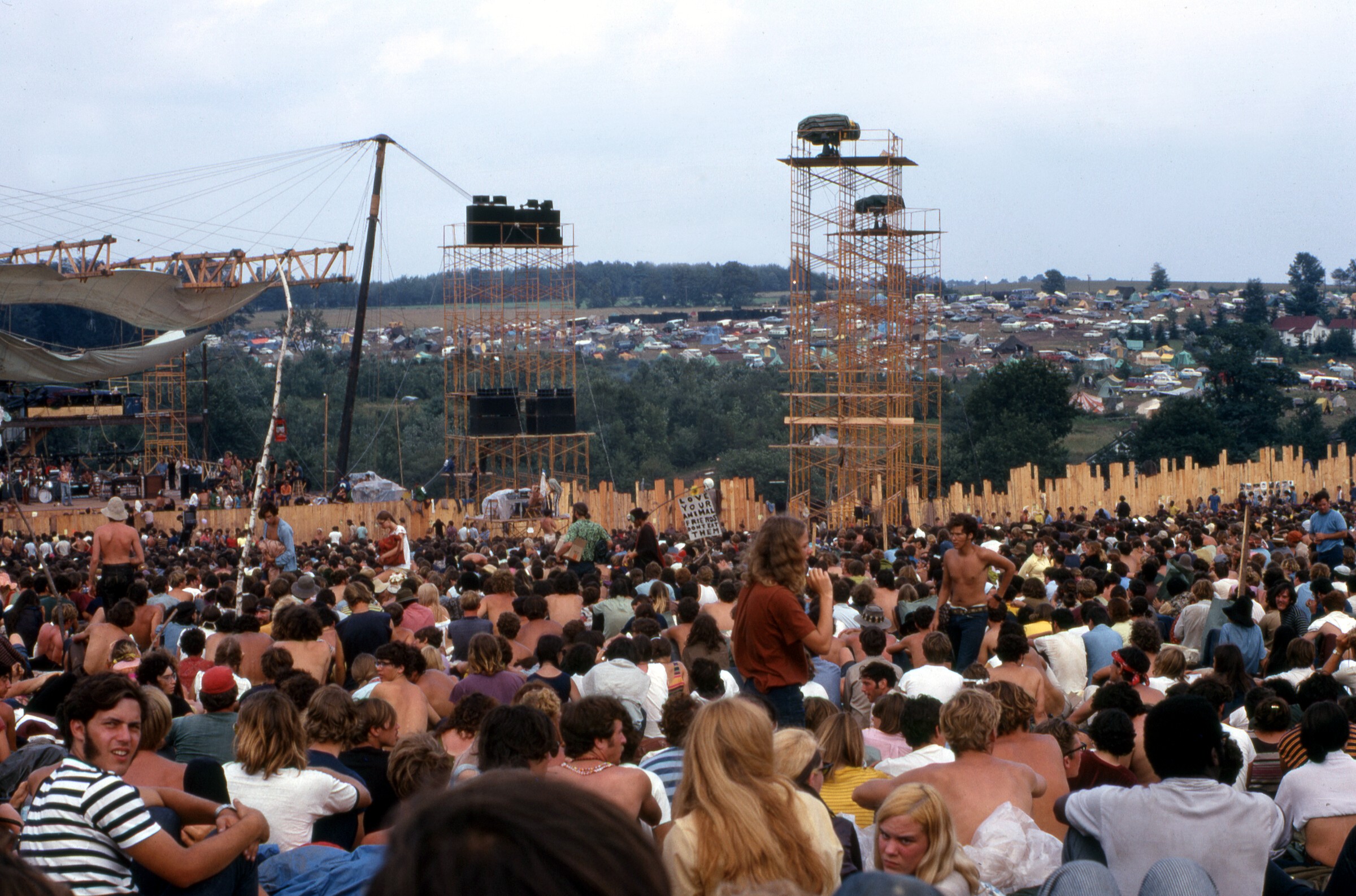
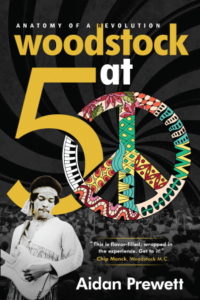
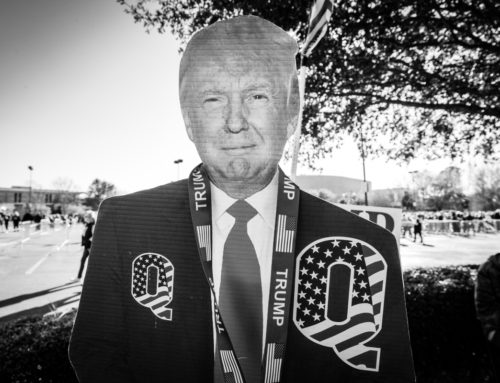


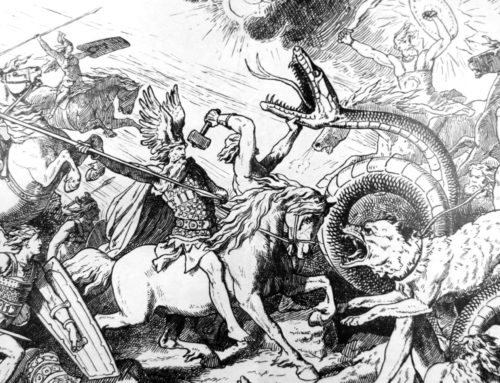
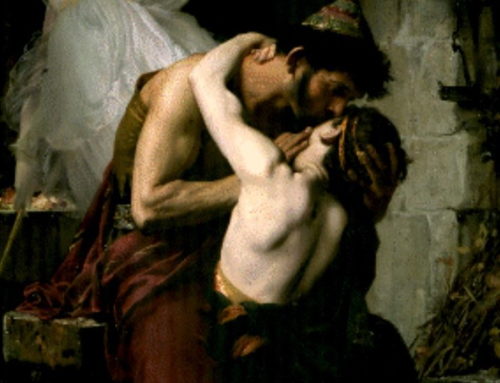
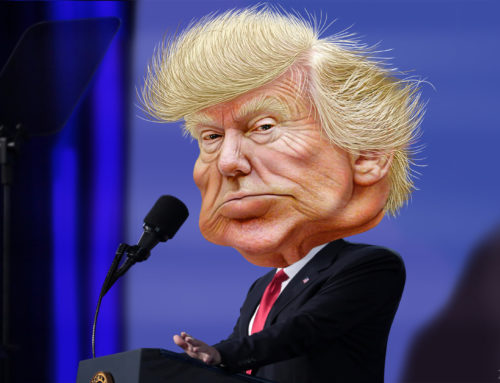
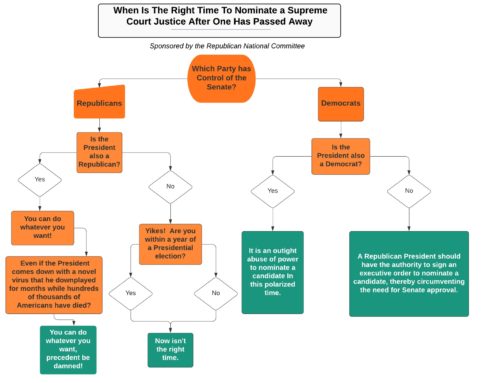
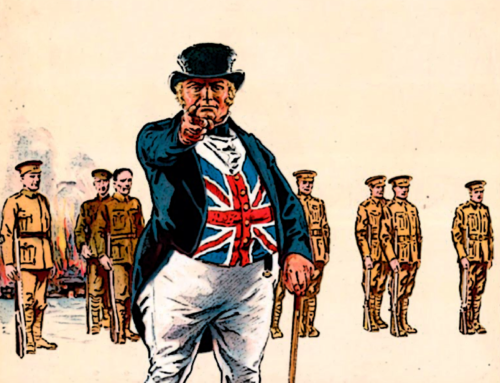
Leave A Comment